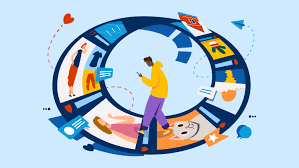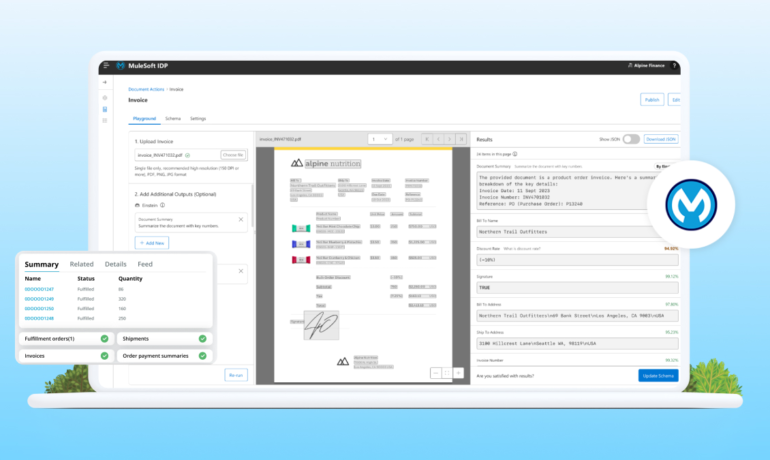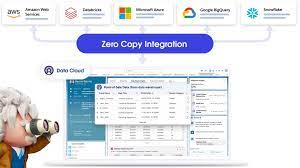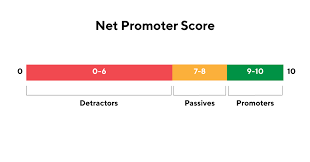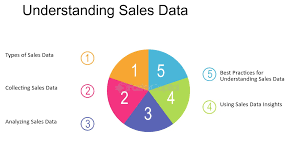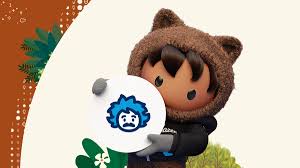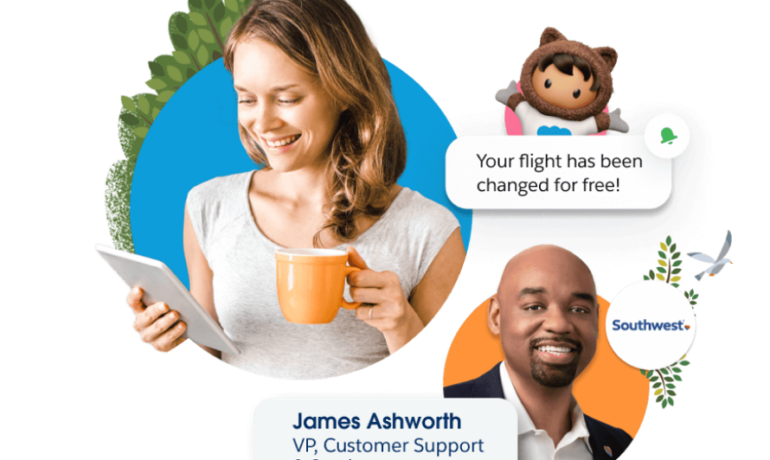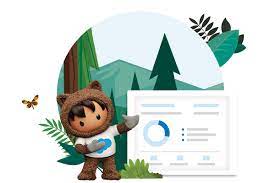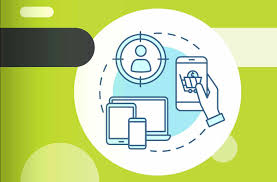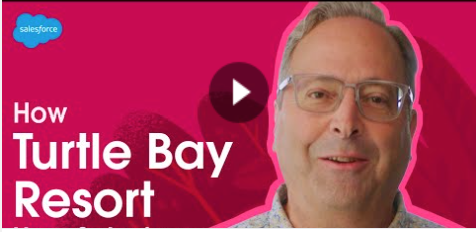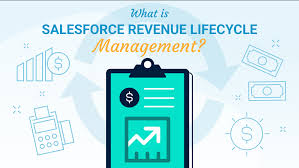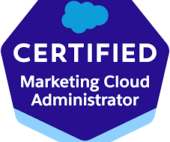AI Center New Era of Cross Industry Collaboration
On Tuesday, Salesforce celebrated the launch of its new AI center in London with a complimentary training event that was attended by over a hundred software developers and administrators. This event was part of the center’s “AI Now Tour,” aimed at equipping developers from various industries with the skills to build the next generation of AI applications. AI Center New Era of Cross Industry Collaboration is an exciting new stage of artificial intelligence. A lot of “artificial intelligence” captures human creativity that is original. Regulators need to insist on training data transparency. No doubt the center will stand up plenty of conversations around regulations. This initiative underscores Salesforce’s commitment to training 100,000 developers worldwide. Attendees represented diverse sectors including automotive, financial services, retail, consumer goods, travel, hospitality, health and life sciences, and insurance. Needless to say, everyone has an appetite for AI. Reasons People Have Appetite for AI and Reasons They Do Not According to some polls, people are more concerned than excited about artificial intelligence (AI): Paul O’Sullivan, the new head of the Salesforce AI center and the UK&I CTO, discussed the center’s event and content strategy with publication TechInformed. He emphasized a plan to host “deep industry events” with a sector-specific focus, as well as cross-industry events to explore new business models. “Cross-industry opportunities are crucial in the AI landscape,” O’Sullivan noted. “For example, the future of self-driving cars impacts not just the automotive and OEM sectors but also insurance—who will be insured in the future? The driver, the car manufacturer, or the algorithm engineer?” He added that the center will foster thought leadership and cross-industry collaboration, offering new business models for customers. Despite the developer training courses being fully booked until the end of September, O’Sullivan highlighted that the 14,000 sq. ft. center, located in the Blue Fin building near Waterloo, is open to all businesses interested in exploring AI, not just Salesforce customers. In partnership with business growth agencies like London & Partners, O’Sullivan aims to extend training opportunities to local universities and apprenticeship program supporters. “We want to leverage our relationships to support the next generation, including students in art, design, and creative fields,” he said. AI Center New Era of Cross Industry Collaboration The new AI center, part of Salesforce’s $4 billion investment in the UK over the next five years, is located near iconic London landmarks such as the Tate Modern and Shakespeare’s Globe Theatre. The opening event was attended by notable UK business and industry figures, including Howard Dawber, the Deputy Mayor of London for Business and Growth, and Janet Coyle CBE, Managing Director of Grow London at London & Partners. Like Related Posts Salesforce OEM AppExchange Expanding its reach beyond CRM, Salesforce.com has launched a new service called AppExchange OEM Edition, aimed at non-CRM service providers. Read more The Salesforce Story In Marc Benioff’s own words How did salesforce.com grow from a start up in a rented apartment into the world’s Read more Salesforce Jigsaw Salesforce.com, a prominent figure in cloud computing, has finalized a deal to acquire Jigsaw, a wiki-style business contact database, for Read more Health Cloud Brings Healthcare Transformation Following swiftly after last week’s successful launch of Financial Services Cloud, Salesforce has announced the second installment in its series Read more



